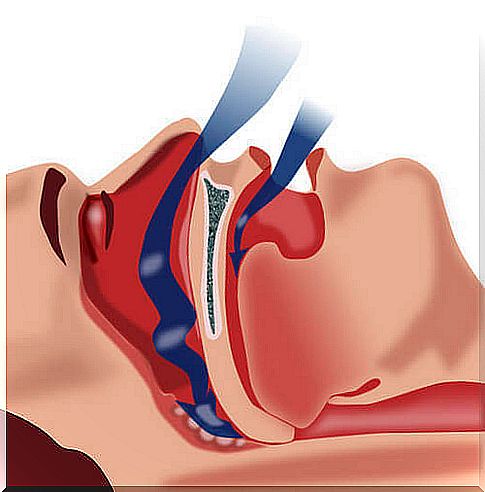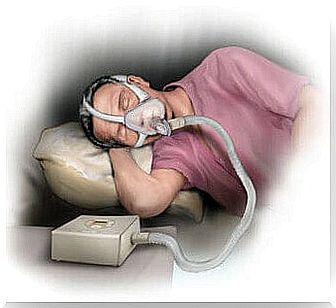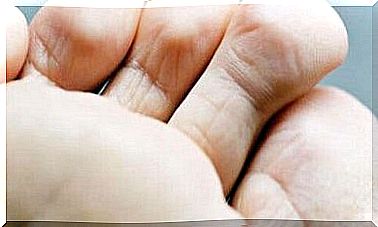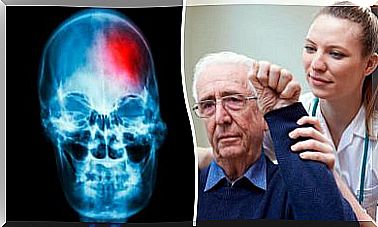How To Treat Sleep Apnea?

Sleep apnea is a disease that refers to a sleep disorder that affects breathing while you sleep. A person who suffers from it experiences the so-called. “Artificial respiration” and breathing is momentarily interrupted several times a night. These respiratory pauses can last up to 20 seconds. In this article, you can read more about sleep apnea and how you can treat it.
Features of sleep apnea
Sleep apnea prevents you from sleeping well. This is the first thing you need to know about sleep apnea because it interferes with your natural sleep rhythm. A person with sleep apnea will probably sleep lightly and may never bother to fall asleep. As a result, he does not get enough rest, that is, what the body needs to recover after a day.
Sleep apnea and thus a “poorly slept night” have many negative aspects and effects such as poor and low energy levels, decreased productivity, decreased mental alertness during the day, slow reflexes, and so on.
It cannot be treated like drowsiness or insomnia. If nothing is done, it can lead to more serious problems such as heart disease, obesity, high blood pressure or diabetes. On the other hand, if sleep apnea is treated properly, you can control your symptoms and significantly improve your sleep.
Sleep apnea and its symptoms:
- Interruption of breathing
- Heavy snoring
- Feeling of suffocation
- Sway
- Pant
- Heavy daytime fatigue
- Restless sleep
- Feeling of lack of air when waking up
- Irritability
- Lack of concentration
- Mood swings
- Depression
- Unusual sleeping positions
- Nightmares
- Tendency to breathe through the mouth
- Excessive sweating at night
- Low performance eg at work

There can be many causes of sleep apnea, but they are usually divided into simple:
1. Obstructive sleep apnea syndrome : Imbalance of the muscles of the throat leads to narrowing and constriction of the airways, leading to short breaks in inhalation, which further reduces the oxygen content of the blood. The brain recognizes that you are unable to breathe and thus the brain reacts with an awakening reaction, causing the person to start breathing again. Sometimes the mechanism starts working again without any problems and then the person does not wake up. It is possible that this happens a few times a night, causing a feeling of tiredness or suffocation.
2. Central or central nervous system sleep apnea syndrome: this form of sleep apnea is less common but still needs to be mentioned. Respiratory arrest is not due to airway narrowing, but to the brain not communicating properly with the muscles responsible for breathing. In this case, the person has trouble falling asleep or if they do, the sleep is very light. Central sleep apnea most commonly occurs in people with heart failure and they often wake up in the middle of the night.
3. Complex sleep apnea : this is due to a blockage in the airways. Obstruction can be caused by various factors or muscle function defects. Causes may include smoking, obesity, excessive alcohol consumption, nasal congestion, or birth defects.
Natural Remedies For Relieving Sleep Apnea
These tips will help treat that nocturnal problem so that the Respiratory System stays fit and sleep apnea can be alleviated and avoided:
- Lose weight by a few pounds or at least enough to help you. This releases the throat constriction and thus allows air to pass better. With a proper and balanced diet, you can achieve a healthy weight.
- Exercise : A moderate 30-minute workout a day, such as light walking, will help relieve sleep apnea.
- Avoid certain medications and excessive alcohol consumption : Financing medications, sleeping pills, and antihistamines are detrimental to those with sleep apnea. It is also a disadvantage to consume alcoholic beverages, as they relax the muscles in the back of the throat, throat, causing the throat to become narrower and then interfere with breathing.
- Learn to sleep sideways on your side, face side down : do not sleep with your back face up, as this will cause the tongue or soft palate to rest on your throat and throat and thus be an airway obstruction. You can try to prevent sleeping on your back by sewing a tennis ball on the back of your pajamas into a small pocket.

- Keep your nostrils open all night : use a saline nasal spray designed specifically for this purpose. The idea here is that there is always air “available” on the nose. However, do not use decongestants or antihistamines.
- Avoid caffeine and heavy meals late at night: caffeine interferes with normal sleep, as do large, heavy meals. Never eat dinner for at least two hours before going to bed.
- Respect sleep and a regular sleep rhythm: try to go to sleep and wake up regularly at the same times so that your body gets used to this rhythm. The end result is that your body is “programmed” to get enough sleep every night, which will also help you relieve sleep apnea episodes and fatigue.
- Practice yoga: this form of exercise includes breathing exercises, self-aware breathing, and also helps to expand the nostrils and airways. With regular exercise, you can control your breathing and ensure proper breathing air flow in and out of your body.
- Eat garlic : it relieves and controls tonsillitis and / or respiratory infections. Make garlic paste and enjoy it before bed, or add garlic to meals.
Photos – cosmetic dentist Torrance, sman_13, Subhra Das Patria and Marta Moraschi









